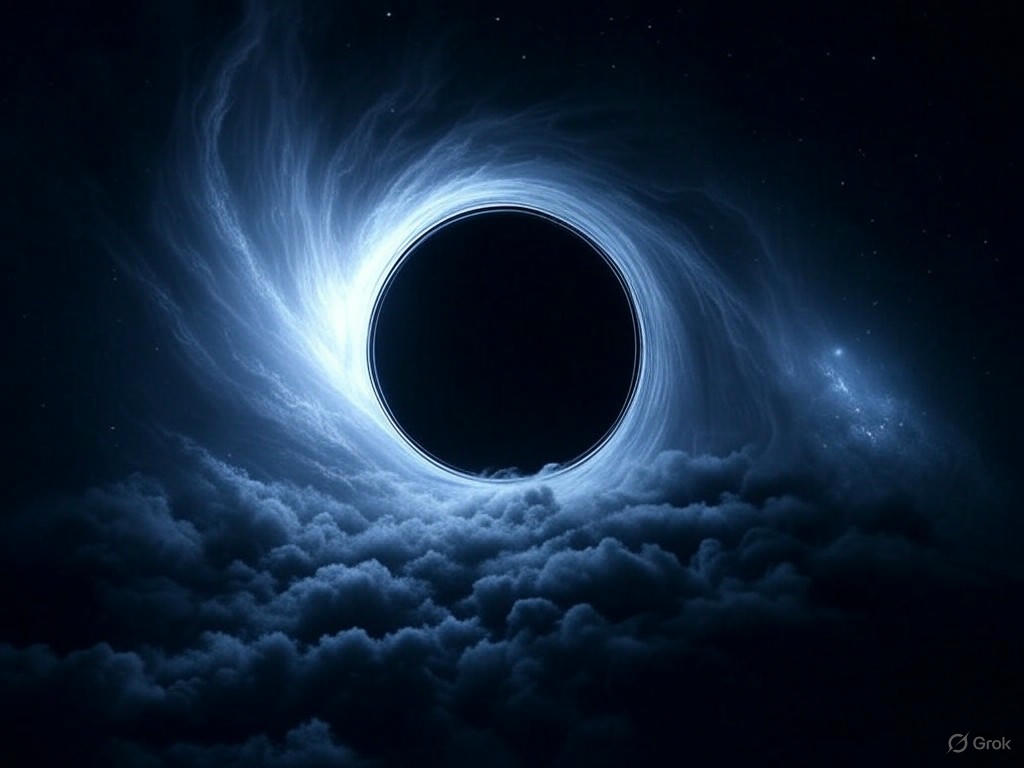Beyond the Big Bang: Could Our Universe Have Emerged from a Black Hole?
The story of our universe’s origin has long been tied to the Big Bang—a cataclysmic event that supposedly marked the beginning of everything. For decades, scientists and cosmologists have painted a picture of an explosive moment when time, space, and matter burst forth from a singular point. But what if this widely accepted theory is only part of the story? A provocative new line of research is challenging this narrative, proposing a mind-bending alternative: our universe might have been born inside a black hole.
This radical idea stems from the mysterious nature of black holes, those enigmatic regions of spacetime where gravity is so intense that not even light can escape. Traditionally, black holes have been seen as cosmic dead ends, swallowing everything in their path. However, some physicists now speculate that the extreme conditions within a black hole could act as a crucible for creating entirely new universes. According to this hypothesis, the singularity at the heart of a black hole—a point of infinite density—might mirror the conditions of the Big Bang itself. Instead of being a destructive void, a black hole could serve as a gateway to a new reality, with our own universe being the result of such a process in a parent cosmos.
The implications of this theory are staggering. If true, it suggests that the Big Bang was not the ultimate beginning but rather a transformative event within an existing framework. It paints a picture of a multiverse, where countless universes are nested within one another, each born from the collapse of stars in a preceding reality. This concept bridges general relativity and quantum mechanics, offering a potential clue to unifying these two pillars of modern physics. Researchers are exploring mathematical models and simulations to test whether the physics of black holes could indeed give rise to expanding universes like ours. While direct evidence remains elusive, the idea is gaining traction as a way to explain some of the universe’s most perplexing mysteries, such as the nature of dark energy or the initial conditions of cosmic inflation.
As this research unfolds, it invites us to rethink our place in the grand cosmic tapestry. Are we merely the product of a singular explosion, or are we part of an intricate web of creation and destruction, spanning across dimensions we cannot yet fathom? The notion that our universe emerged from a black hole challenges not only scientific understanding but also philosophical perspectives on existence itself. While the journey to validate this theory is just beginning, it sparks a sense of wonder about what lies beyond the boundaries of our reality. Perhaps the Big Bang was not the start of everything but a chapter in an endless story—one where black holes are not endings, but beginnings of new worlds waiting to be discovered.


